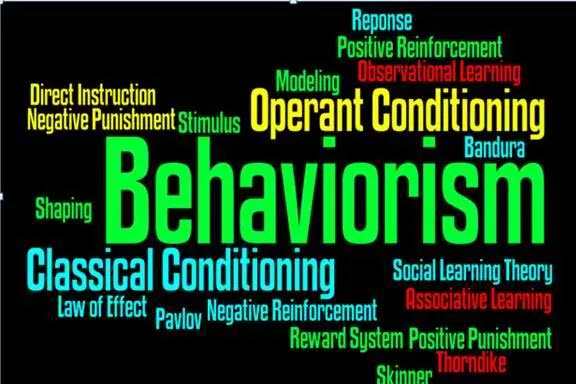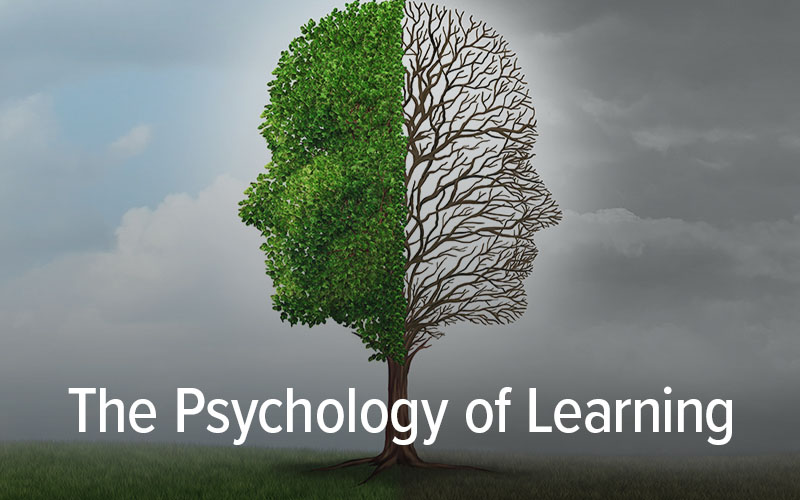
Collaborativist Learning Theory: Elaboration and Expansion
In the Unit 14 Signature Assignment,...

The Future of Learning
Our task for Unit 13 of...

Interrogating Collaborativism
Our task for Module 5 was...

Designing Collaborative Activities
In our group, consisting of Kristena...

Toward a Psychology of Human Agency
The Module 3 assignment provides some...

Enacting and Analyzing Behaviorism
Our task for Module 2 was...

Dissertation Idea: Artificial Intelligence in Online Education
As my instructors tell me, it’s...

The SAMR Model: An Application in Basic Web Development
This week, for Module 1, we...

EP600: The Psychology of Learning
While this was not the first...

CourseworkEP746: Culture's Place in Learning and TechnologyThe Chicago School of Professional Psychology
Multiculturalism and Social Justice
For the signature assignment in Module...

